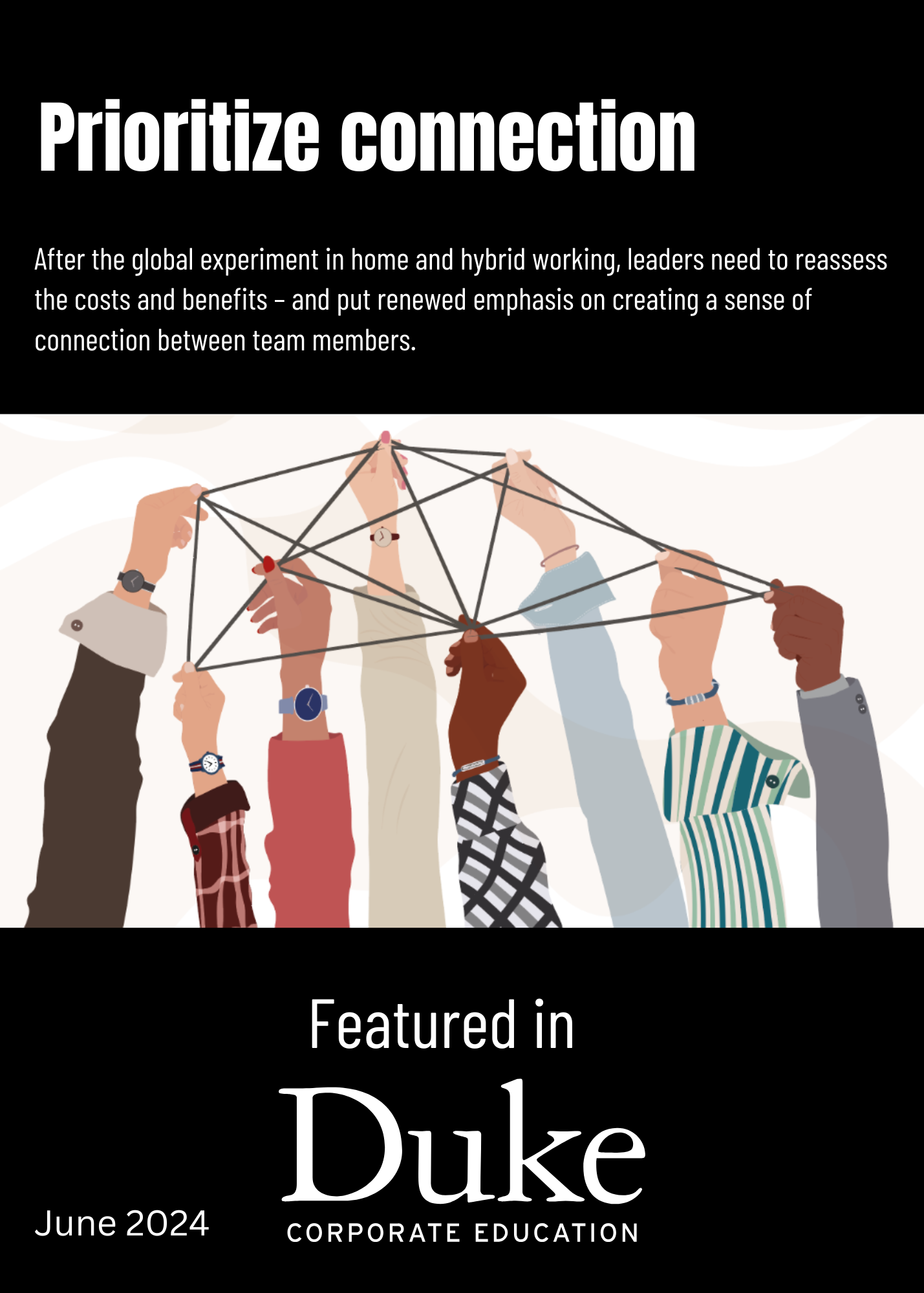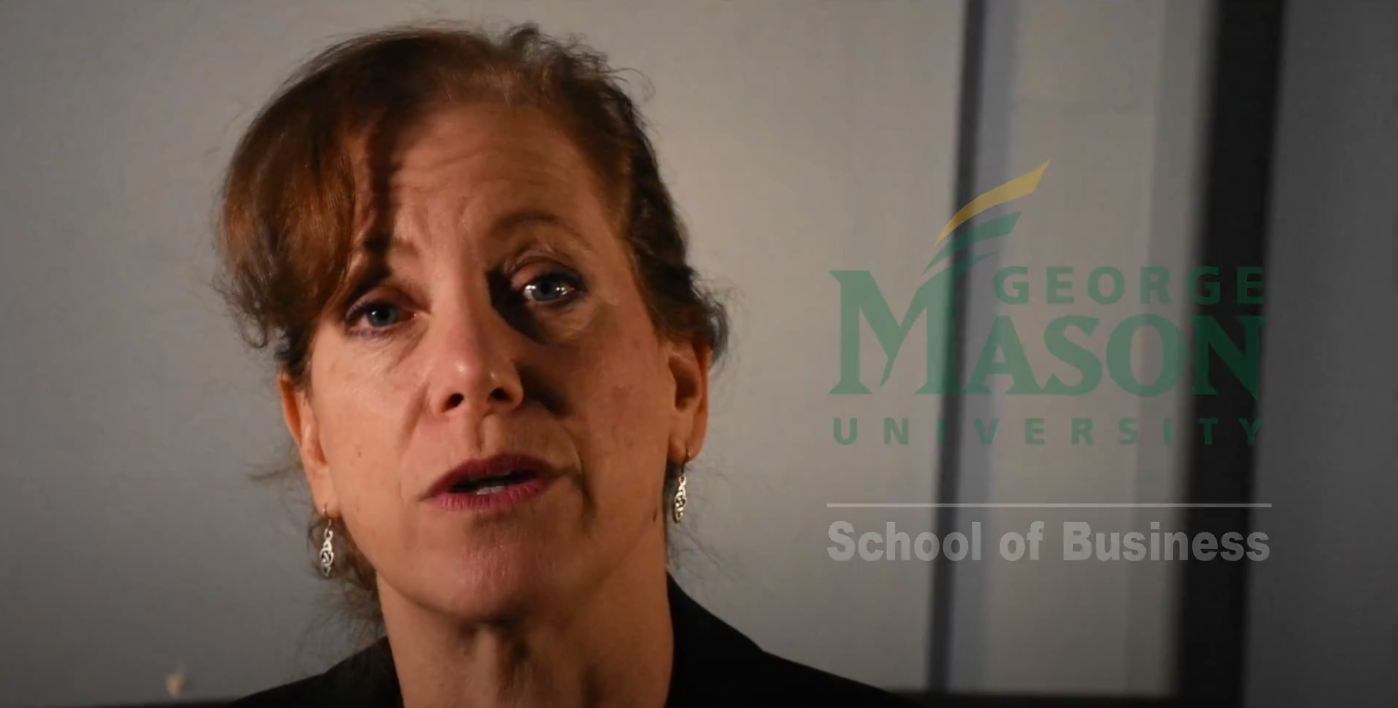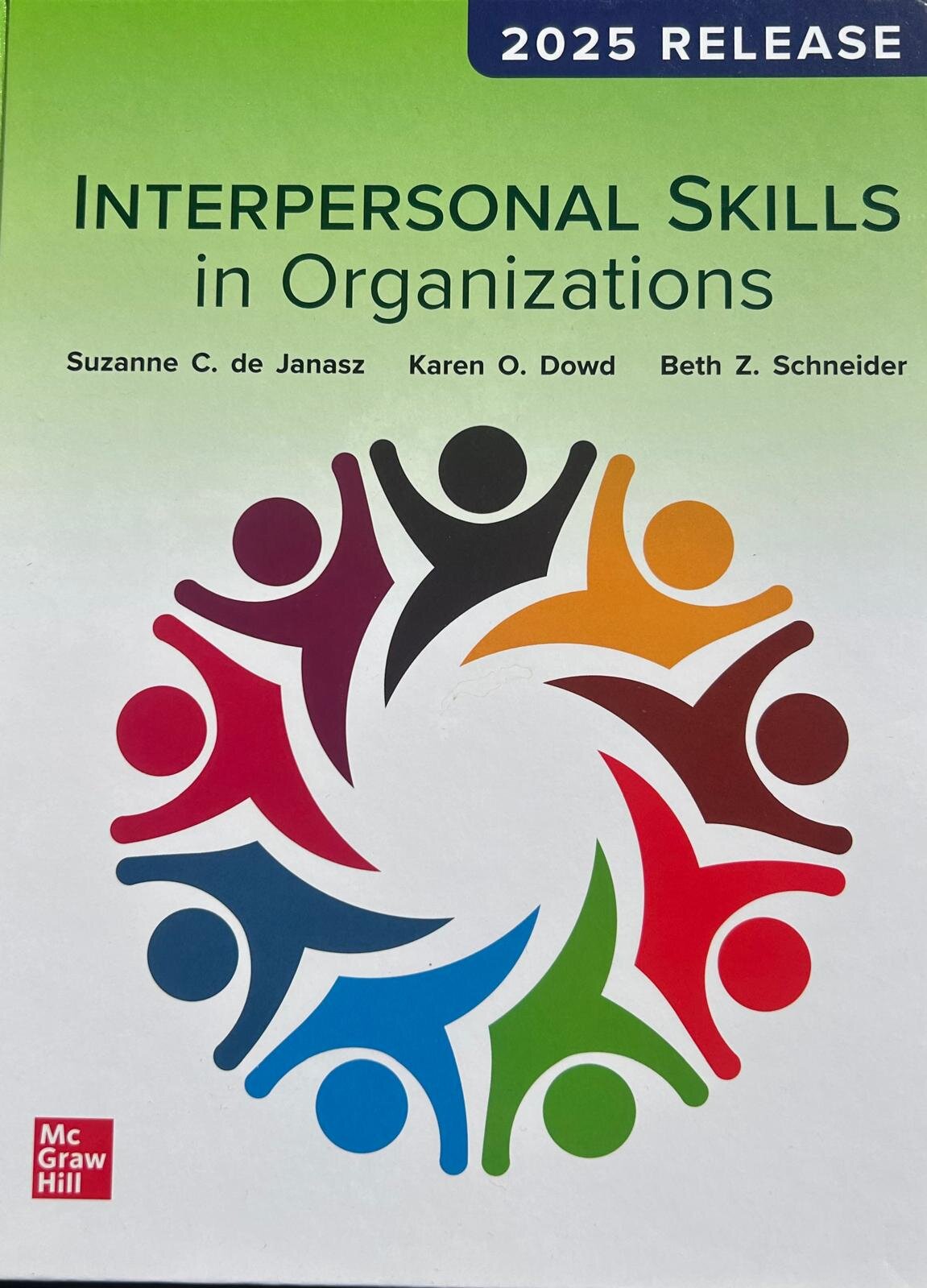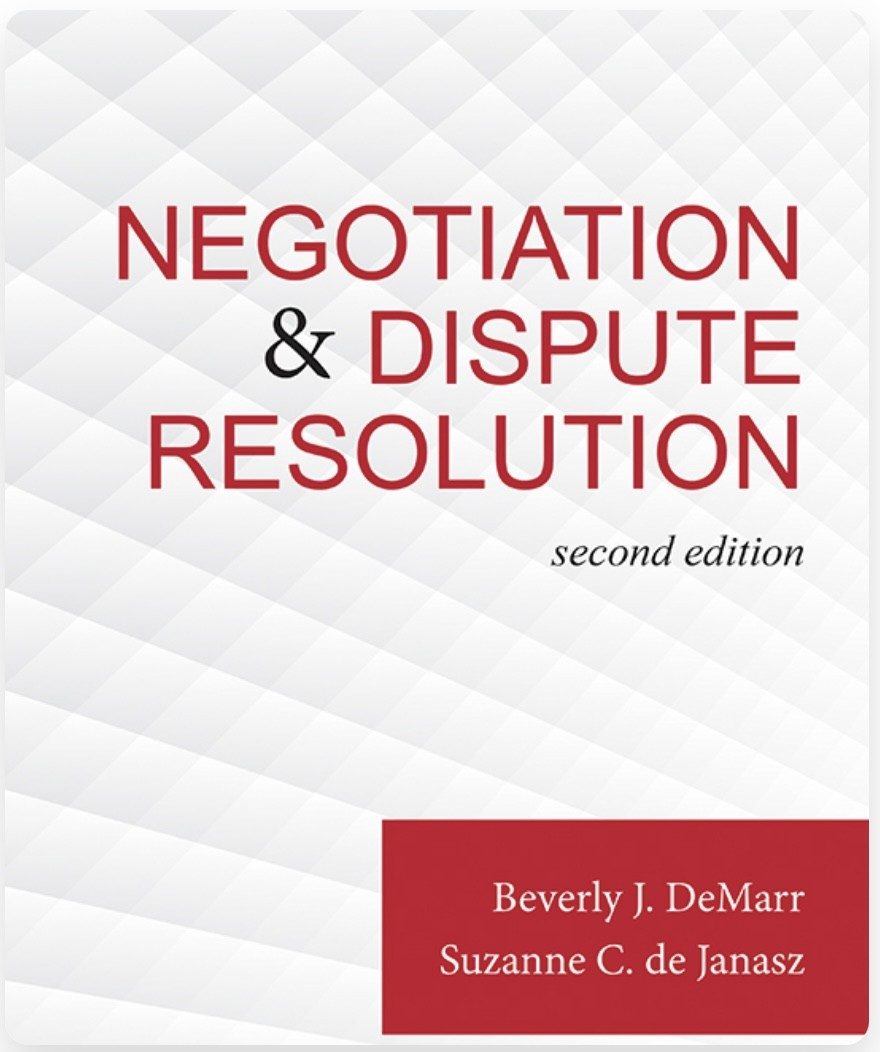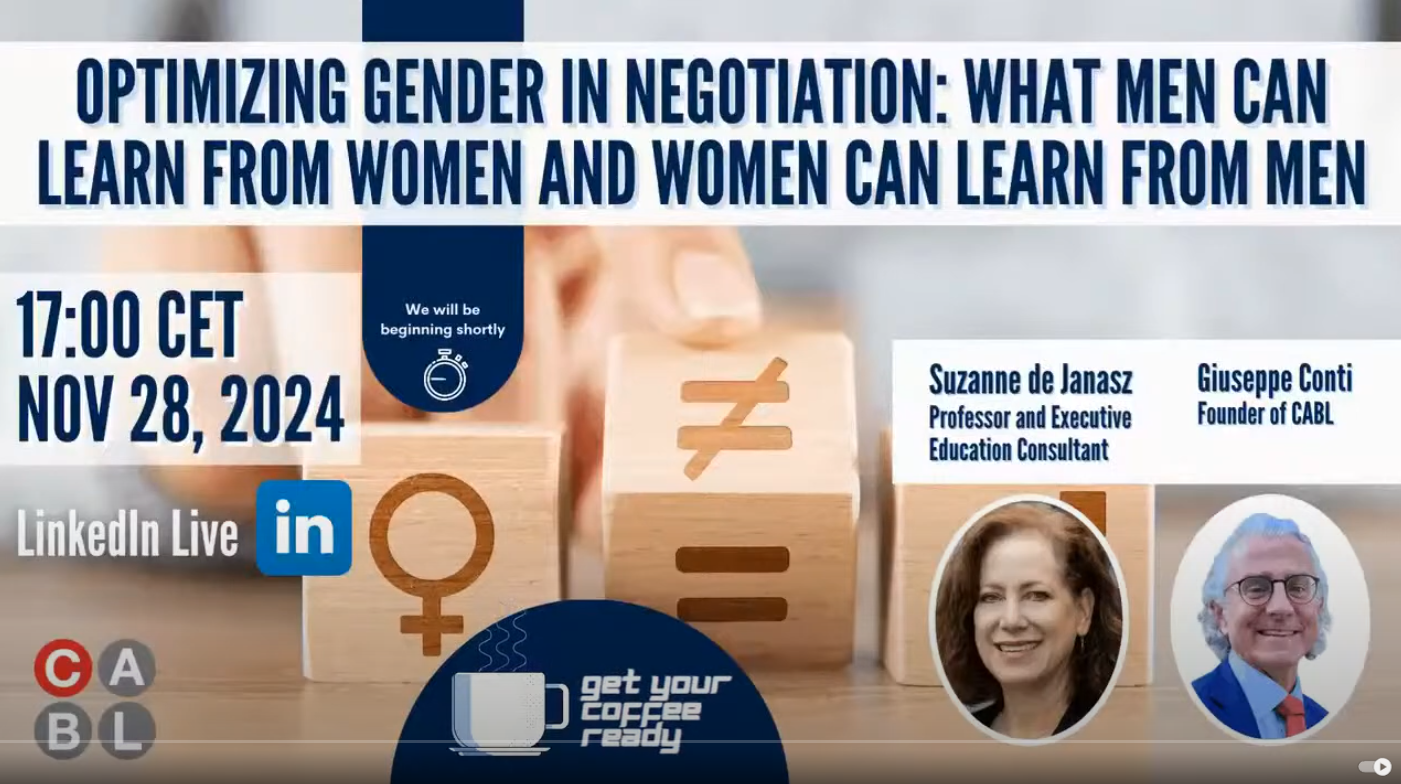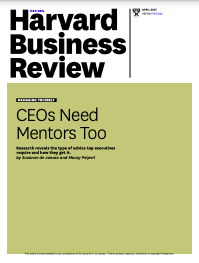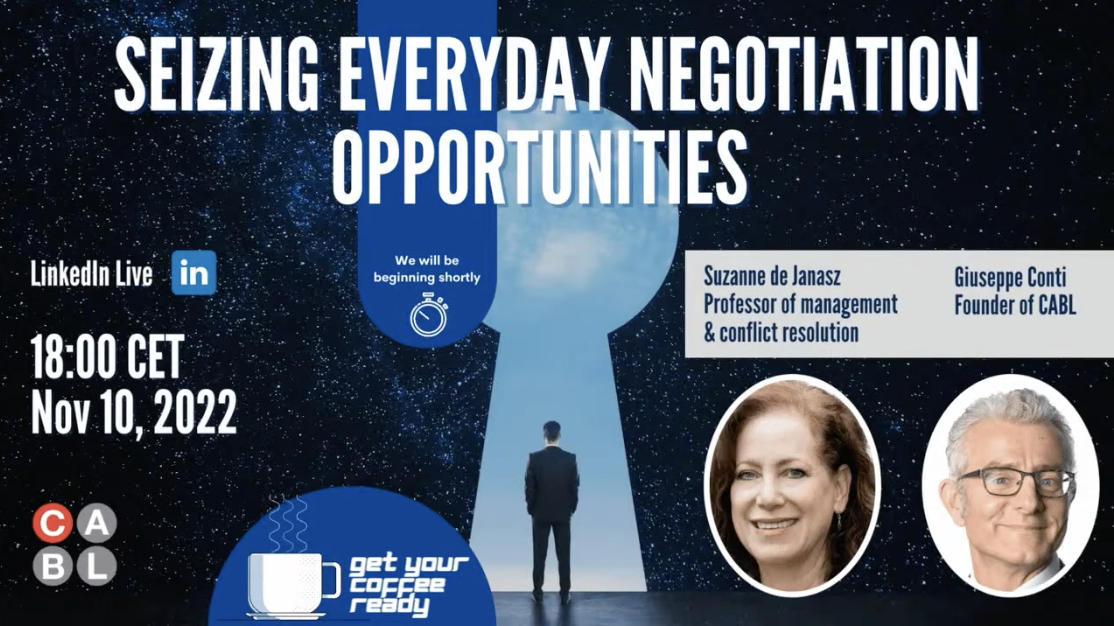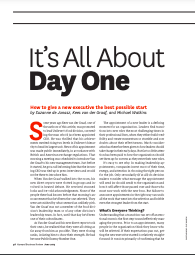Are you or your employees:
Leaving money on the table from a lack of negotiaiton confidence and credibility?
"Winging it" with patchy results in high-stakes negotiation?
Experiencing vendor interactions filled with stress and frustation?
Lacking the skills to advocate effectively for your organization?
Turn Negotiation from a Liability into a Profit Driver
Most people "learn" negotiation by observation or by chance - this is not a reliable strategy. Negotiation goes beyond instinct or luck - it is an art and a science that enables you and your organization to achieve your goals while building and maintaining trust-based relationships
Without strategic negotiation planning, deals risk stalling and relationships can deteriorate, leading to unresolved conflicts that cost organizations an estimated $359 billion annually across the US and Europe. These conflicts fuel stress, absenteeism, low morale, high turnover, and lasting reputational damage.
Suzanne's negotiation training helps you and your team trade quick wins for long-term, strategic negotiation that drives sustainable results.
Master the Art and Science of Negotiation and Persuasion
High-impact training that turns fragmented, unpredictable negotiations into data-driven, trust-building outcomes with stronger relationships and higher ROI.
Engaging and Relevant
Research-Backed Expertise
Immersive, dynamic, and relatable learning experiences, combining storytelling, humor, practical skills, and immediately actionable techniques.
Rooted in organizational and social psychology, behavioral economics, dispute resolution, interpersonal dynamics and supported by decades of global thought leadership published in top outlets.
Tailored Experiential Programs
Transforming Mindset and Behaviour
Customized to your team, industry, and culture, with hands-on exercises, simulations, and peer mentoring that build lasting negotiation and conflict resolution skills.
Moving beyond generic tactics to help teams identify blind spots, overcome biases to build skills and sustainable confidence for high-stakes negotiations.
Trusted by Leading Organizations
From Fortune 1000 companies to start-ups and non-profits, Suzanne helps leaders and teams worldwide in sales, procurement, and contracts negotiate smarter, secure bigger wins, and strengthen partnerships.
"Incredibly useful and thought-provoking workshop. Her passion for her topic infused us with motivation, inspiration, and skills. I typically get uncomfortable with role-playing, but I found that practicing we did here was invaluable."
Christina M. Surawicz, Associate Dean for Faculty Development & Professor of Medicine, University of Washington
"Suzanne's negotiation workshop for a group of 30 senior women leaders in the capital markets was not only energetic and engaging, but also provided practical tips. The opportunity to participate and be coached on a simulation allowed us to put our learning to work. Our participants loved it, noting that they felt more confident and 'buoyed' after the session!"
Erin Dwyer, Managing Director, Stakeholder Engagement & Communications, Center for Audit Quality
"Being a successful negotiator is more than just optimizing dollars and cents - it's about finding creative solutions that work for all parties involved. Suzanne provides a comfortable environment in which to hone your skills and her expertise enables her to provide invaluable feedback. I learned advanced strategies in preparing for and conducting negotiations in a safe space, which helped me to confront my fears and bolster my self-confidence. Highly recommend!"
Shannon Bray, General Marketing Manager, Van Metre Homes
"Suzanne supported me through a complex negotiation between two non-profit theater organizations where customer reputation, financial resources, and sustainability were all at stake. Her framework for preparing for the negotiations helped realign our goals and gain confidence for future negotiation sessions. The alliance is poised to create significant value for both organizations and it's doubtful we would have achieved such a positive outcome without her coaching."
Ariel Gomez Bradler, Managing Director, The 5th avenue theatre
"Honestly, I can't imagine us considering anyone else to help develop our current and future leaders. Her expertise, insights, and approach have set a standard that's hard to match. Thank you again very much for the knowledge you've shared, the experiences you've brought to life, the constant positive attitude, and the shared love of tennis."
Ntube Sone Ngole, Director, Strategic Business Assurance, Tasiast Mauritanie Limited S.A (Kinross Gold Corporation)
Influence Without Authority
No authority? No problem. Learn how to use influence to secure agreement and commitment from others
Navigating Tough Situations
Learn how to handle challenging situations with confidence and turn difficult interactions into productive outcomes.
Reframing Conflict as a Catalyst for Growth
Transform the fear of confrontation into opportunities for growth and collaboration.
Everyday Negotiations: Small Steps, Big Wins
Master everyday negotiations to build the confidence and skills needed for success in high-stakes negotiations.
The Emotionally Intelligent Negotiator
Boost your negotiation success by mastering emotional intelligence to build stronger relationships.
Negotiation Beyond Borders: From Faux Pas to Shared Success
Negotiate confidently across cultures by understanding differences to strengthen global partnerships.
Over the last five years, more negotiations have been happening virtually, through email, video, phone, or text. These bring unique advantages as well as challenges, so it's important to know how to make the most of them.
AI is also increasingly being used to prepare for and even conduct negotiations. As its influence grows, understanding how to use AI effectively and responsibly is becoming an essential skill.
Preparation is key - learning how to promote open dialogue, invite discussion, and a willingness to listen to opposing viewpoints can make a big difference. It also helps to understand how you approach conflict, so you can use mindfulness and practice to adapt your approach to fit the situation.
The key is to respond thoughtfully - asking targeted questions or addressing the behavior calmly to allow the other party a chance to correct it. Ignoring it may signal acceptance, while reacting poorly can create unnecessary conflict. I teach strategies that resist unethical behavior and how to effectively deal with conflict. Explore more insights on this topic on my popular topics page.
Cross-cultural research shows that unintentional missteps in negotiations can offend others or reduce outcomes. Being aware of cultural expectations and preparing accordingly can help you navigate negotiations effectively, protect relationships, and achieve better results. Find out how Suzanne tackles this issue - click here to read more.
Absolutely! With internal negotiations, you usually have more insight into company culture and the interests of the person you’re negotiating with. You may also have colleagues who can support your case.
For salary negotiations, even a modest increase can have a significant impact. For example, asking for even a $7,000 higher starting salary can translate to more than $642,000 over your career. Money isn’t everything, but leaving it on the table can have long-term consequences.
Actually, research shows that men are often expected to be direct and competitive, while women displaying the same behaviour may be labelled negatively. They face less resistance when their behaviour aligns with social expectations - but that doesn’t mean being soft or passive.
Women in Suzanne’s workshops often notice how different this approach is from what they’ve been taught and appreciate learning from someone who has done extensive research and, as a woman, applies these strategies successfully in her own negotiations.
